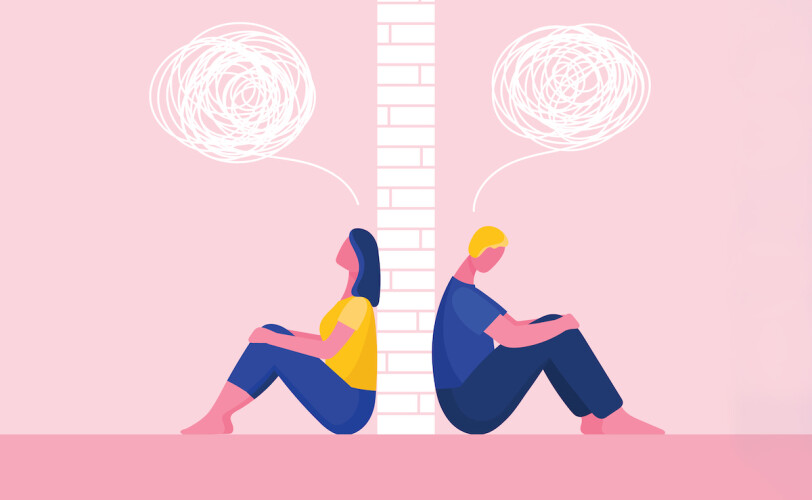4 tips for avoiding challenges in cross-cultural relationships
There is no single formula for a happy, long-term cross-cultural relationship. Relationships are always different and what works for one couple might not for another. Whatever challenges you face on your journey, whatever complications arise from the differences between you, it is important to always remember that there was a reason you started your relationship in the first place. It might become tainted, marred, or forgotten - but that reason will never really disappear.

Here are some tips for avoiding challenges in cross-cultural relationships:
1. Understand, respect and compromise
Don't expect your partner to settle seamlessly into your way of life. Even if they're the foreigner and you're the native, you should see the relationship as a merging of cultures rather than that person adopting yours. Respect their differences, learn about them and look at where you might have to compromise to help them feel happy. Relationships should always be about finding a comfortable balance. If one of you isn't making enough effort, then cracks will start to form.
2. Get first-hand experience of each other's cultures
Visit each other's home country, learn one another's language (even if they speak yours) and read up about their religion and cultural history. If you're not interested, why are you with this person? Making the effort to get out there and experience life from their perspective shows that you care and that you want to know them better.
3. Pass on both cultures to your children
The issue of children can be a big one for cross-cultural couples. How do parents from different heritages instil a solid sense of identity in their child? Instead of seeing your's and your partner's separate cultures as two different identities, see your relationship as one. Teach your children about both cultures and explore with them the differences between the two, focussing on how they work together and the positives that can be drawn from both. Rearing your children to be bilingual is also a good idea so as not to alienate one half of your couple.
4. Think positively about your differences
Having a different perspective on life is a valuable thing - you have so much to learn from one another. See your differences as a good thing that enhances your relationship, rather than a stumbling block.
Coping strategies for conflict in cross-cultural relationships
A study by U.S. scientists at Sam Houston State University, Texas, found that cross-cultural couples tended to use a set of coping mechanisms to manage their cultural differences.
These were the most common:
Humour - The cure for so many relationship problems, humour enables people to be frank and refreshing about potential problems. By poking fun at your partner's bad English, or unusual dinner table etiquette, you can highlight your differences in a way that draws you together. As long as you can take a joke yourself, humour is a great tool for overcoming potentially awkward situations.
Cultural deference by one partner - Often one partner will adopt the language, customs and attitudes of the other to make the relationship work.
Blending of values and expectations - Finding common ground in the beliefs and values of each person's culture is a good way to find a happy medium. Cultures are rarely incompatible with others - all it takes is a little education, understanding and compromise. After all, we're all human.
Appreciation for other cultures - Cross-cultural couples who have an appreciation for global travel and different cultures generally fare better than those who don't. Having a natural interest in anthropology, history and exploration means the relationship takes on an inquisitive dynamic - each partner is always keen to learn something new about the other, which keeps them together and prevents their differences from becoming negative.
How does counselling for cross-cultural issues work?
In couples counselling, you and your partner will be encouraged to talk about your respective backgrounds. You may be asked to talk about your past experiences before your partner came into your life, and you may be encouraged to think about the following:
- What brought you two together in the first place?
- What's good and positive about the relationship?
- How do your differences impact your relationship?
- How can you balance your own cultural beliefs with that of your partner's? Can you find a suitable blend?
- How do you envision the future?
- What do you want from the relationship?
- What values would you want your future children to have? (If appropriate).
A good counsellor will:
- Have an open dialogue regarding religion, ethnicity and race.
- Show no prejudice or bias.
- Understand that each client is unique with different needs.
If you are experiencing challenges in your cross-cultural relationship and feel you may need the support of a counsellor, visit the Counselling Directory.

Find the right counsellor or therapist for you
All therapists are verified professionals